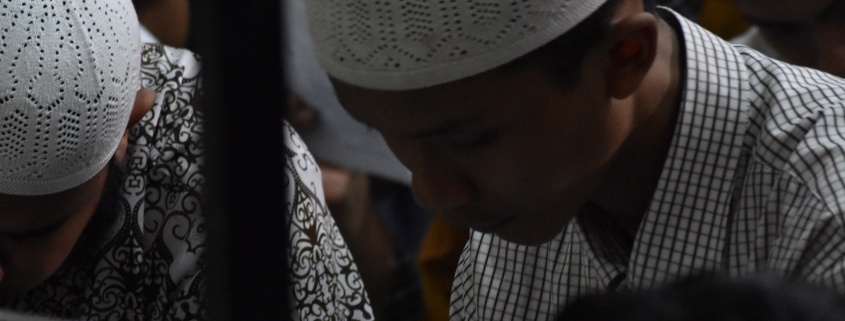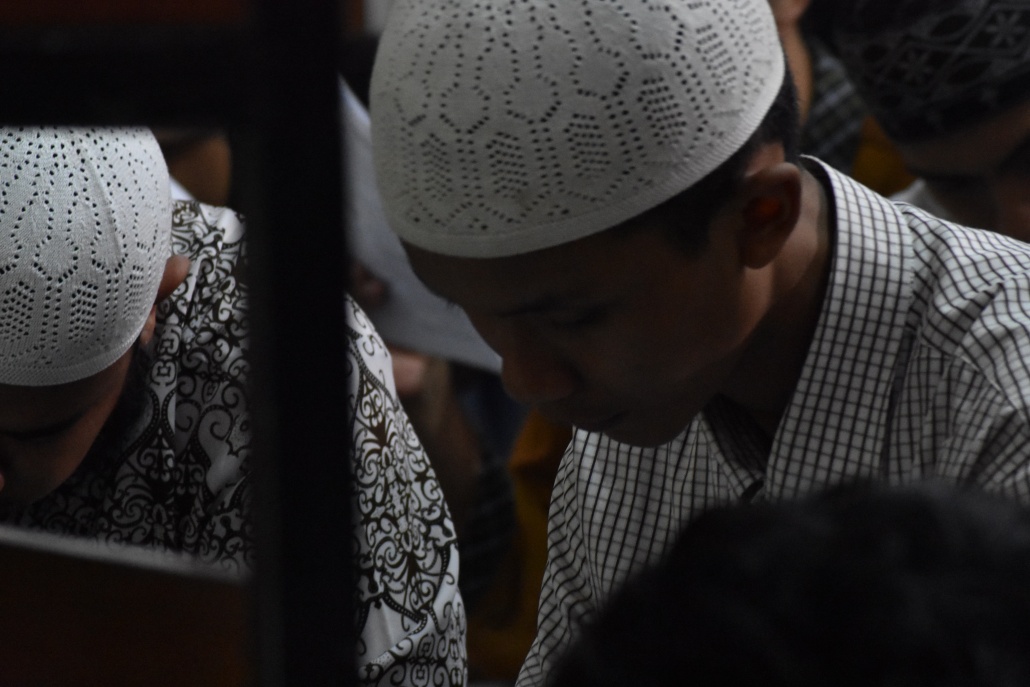Habib al-Jifri says not all Uyghurs are Muslims
By Yousuf Ali
Recently, the Yemeni Sufi Islamic scholar based in the United Arab Emirates Habib al-Jifri made statements that provoked a strong reaction from supporters of Uyghur rights. Specifically, there is a video clip, in which he is quoted saying that “half of the Uyghurs are Muslims and half of them are not.” As it happens, this statement is not correct as the Uyghur people identify overwhelmingly as Muslim which has led many to say that Jifri was making takfeer of many of them by declaring them outside of Islam.
The scholar has also been criticized for saying that the Uyghur issue was “political, not religious.” This statement has been strongly criticized since the Chinese government has not only violated their national rights but also their religious rights including restricting praying, fasting, and reading the Qur’an. Abdugheni Sabit said, an Uyghur activist, “this is a total fabrication and wrong” in response to al-Jifri’s comments and quoted the hadith in which the prophet said to “speak good or remain silent”. Unfortunately, this is not an isolated incident. Jifri is part of a larger problem of ‘Sufi’ scholars telling the masses not to be political while they themselves are the most vocal activists in support of the status quo.
It would be one thing if Jifri and those like him were being consistently silent, but make no mistake they have chosen to become cheerleaders in support of tyrants and oppression. According to Usaama al-Azaami, British Muslims Islamic Scholar, such scholars have created an atmosphere “exclusion or elitism that makes them impervious to the lived realities and challenges of everyday Muslims who are not a part of this scholarly clique.”
“In these politically precarious times, perhaps it is more characteristically Sufi to first listen to the calling of the soul of those ‘whose hair is disheveled and bodies covered with dust and who have pushed away from the door due to their apparent wretchedness’ (Hadith, Sahih Muslim) rather than vying for the approval of those spinning webs of tyranny,” al-Azaami adds.
Indeed, many such scholars have chosen to forsake their duties of enjoining the good and forbidding the evil in exchange for patronage from oppressive governments, and normal Muslims must learn to develop independent scholars and institutions which are not bound by such constraints.

















2020
1,459 views
views
0
comments